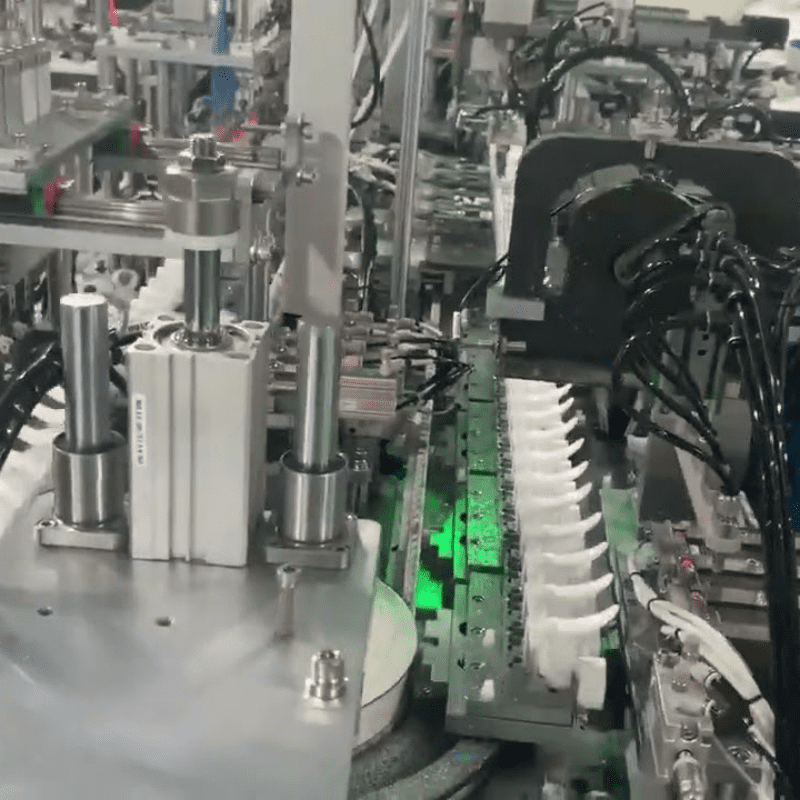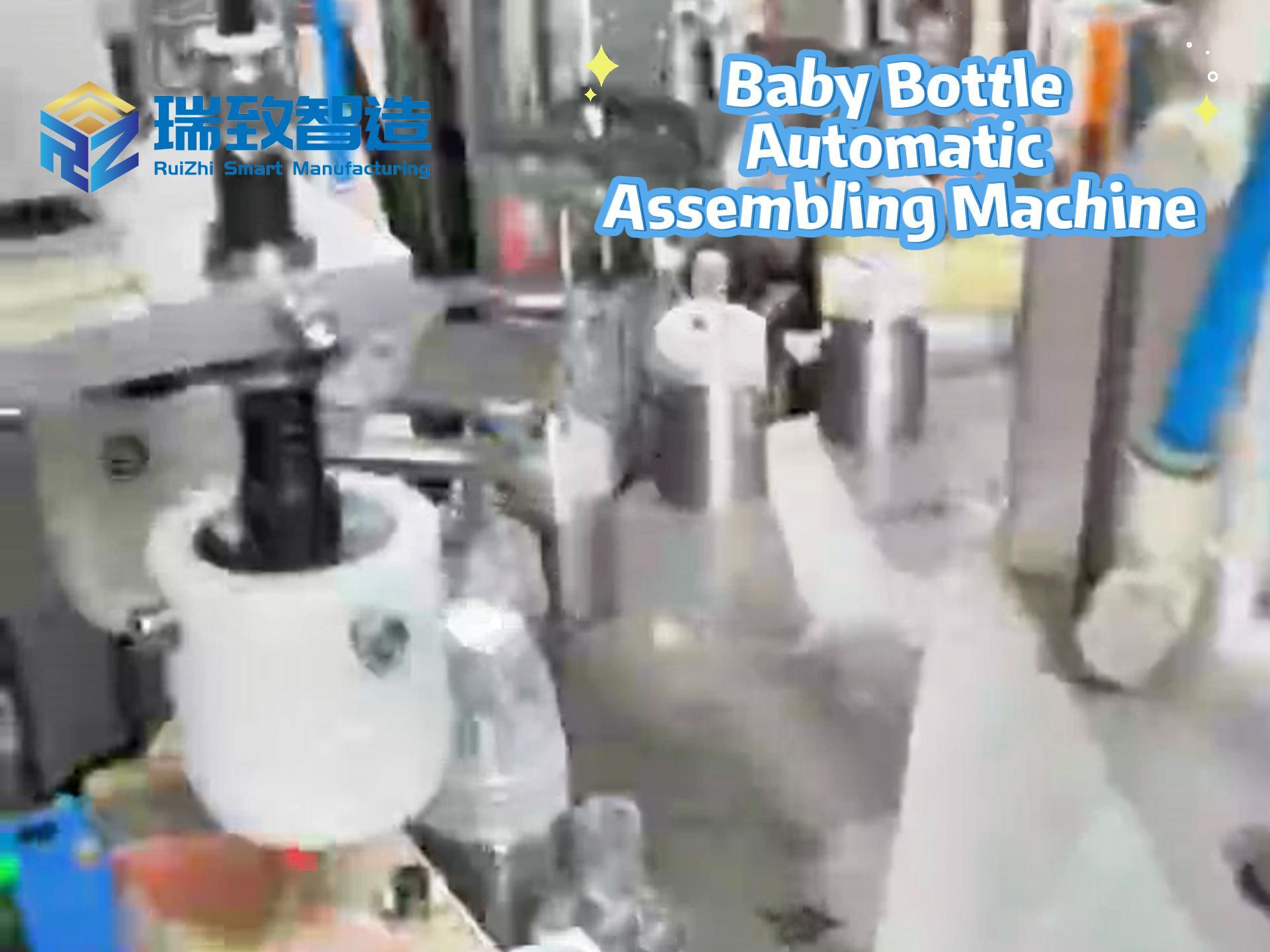
Artificial intelligence is like living with a teenager: brilliant at times, a little clumsy at others, but never failing to amaze. When we interact with AI programs like ChatGPT, Gemini, Claude, or Grok, we’re struck by their potential to transform work and daily life. These tools spark curiosity—and earn our trust. A recent Harvard Business Review study even lists “emotional support” as one of AI’s top uses in 2025: beyond generating text or automating tasks, they act as therapists, life organizers, and even guides for finding purpose.
This is just the start. Back in 2017, OECD advisor and tech expert Dr. Silvia Leal predicted, “We’ll talk more to chatbots than to our partners.” Today, her words ring true: many people already spend more time with AI-powered tools than with real humans. To use this technology wisely, we need to understand the hidden risks it poses to our minds. Let’s explore three key ones.
Table of Contents
Toggle1. Bias: When We Blindly Trust Imperfect Tools
AI doesn’t exist in a vacuum. As Dr. Leal explains, “It advances without escaping data biases or internet lies. Worse, it’s shaped in our own image—and humans are far from perfect.” This means AI, for all its speed and surprise, is fallible. Yet the belief in its infallibility fuels what’s called “automation bias”: we stop questioning its outputs, following even when a result feels wrong, like mindlessly trusting a navigation app that leads us astray.
2. Cognitive Laziness: Our Brains Learn to “Coast”
Our brains are wired to conserve energy. Though they make up just 2% of our body weight, they burn over 20% of our daily energy. This drives us to avoid unnecessary effort—a tendency called “cognitive laziness.” It’s why we no longer memorize phone numbers (we have contacts apps) or practice mental math (calculators are in our pockets).
AI amplifies this. When we’re confused, our first instinct is to seek quick answers to ease discomfort, as University of Texas researchers found when studying how rarely students review exams before submitting them. With AI, that instinct becomes a habit: why recall facts when we can ask a chatbot? Over time, this weakens our memory, as our brains stop exercising that muscle.
3. Cognitive Debt: The Hidden Cost of “Outsourcing” Thinking
Most troubling of all is what happens beyond memory—the mental skills we “sacrifice” when we rely too much on AI. In a recent MIT experiment, researchers tracked brain activity in 32 regions as volunteers wrote essays on philanthropy, using different tools over four sessions: no help, search engines like Google, or ChatGPT.
The results were stark: the ChatGPT group showed lower brain activity, poorer recall of their own writing, and a weaker sense of authorship compared to the others—especially those who worked unaided. Worse, when all groups had to compile their essays without tools, the ex-ChatGPT users kept showing stunted mental activity. This is “cognitive debt”: short-term gains from AI come at the cost of weakened learning, creativity, motivation, and deep connection to our own ideas.
Finding Balance: AI as a Coach, Not a Crutch
These risks share a warning: over-reliance on AI may make us increasingly dependent, shrinking the mental effort we put into daily life. And brains, efficient as they are, weaken functions they don’t use.
The solution isn’t to reject AI, but to use it mindfully. Question its outputs with our own experience or other sources. Treat it as a sparring partner, not a shortcut that undermines learning—or an all-knowing oracle. In the end, AI works best when it enhances our minds, not replaces them.
What is the general price of a 4-axis robot? What types of springs can be produced with automatic spring machines?




















